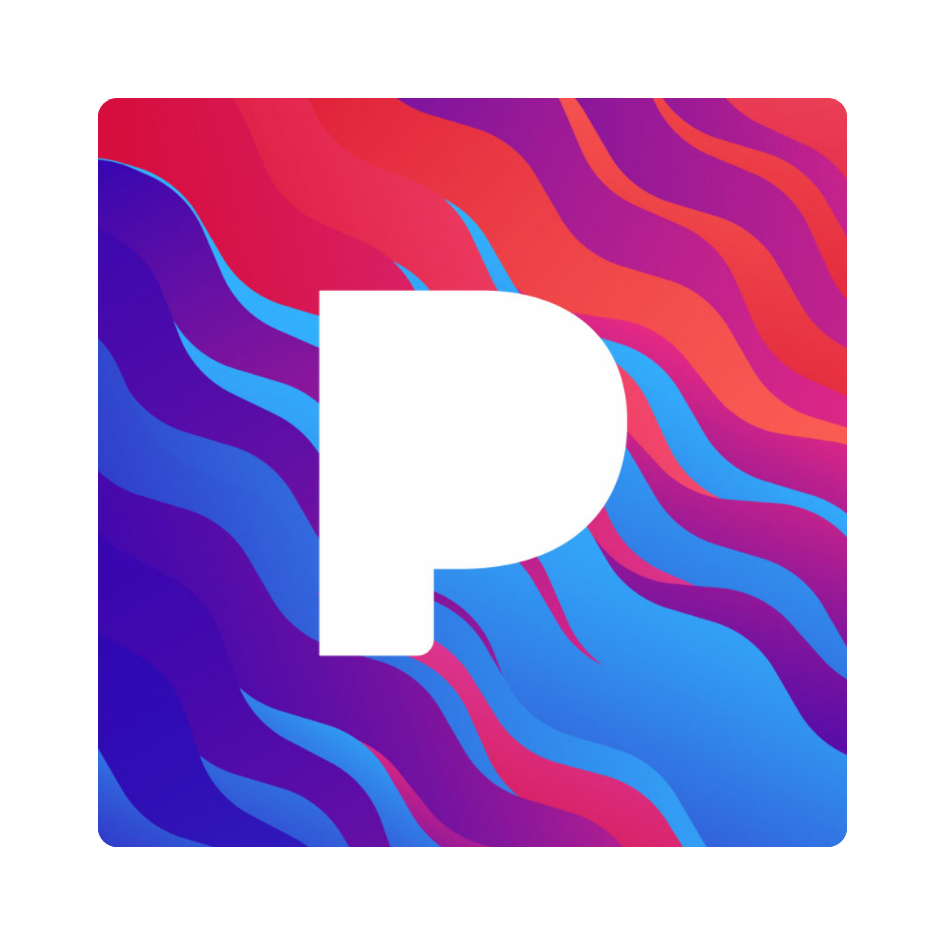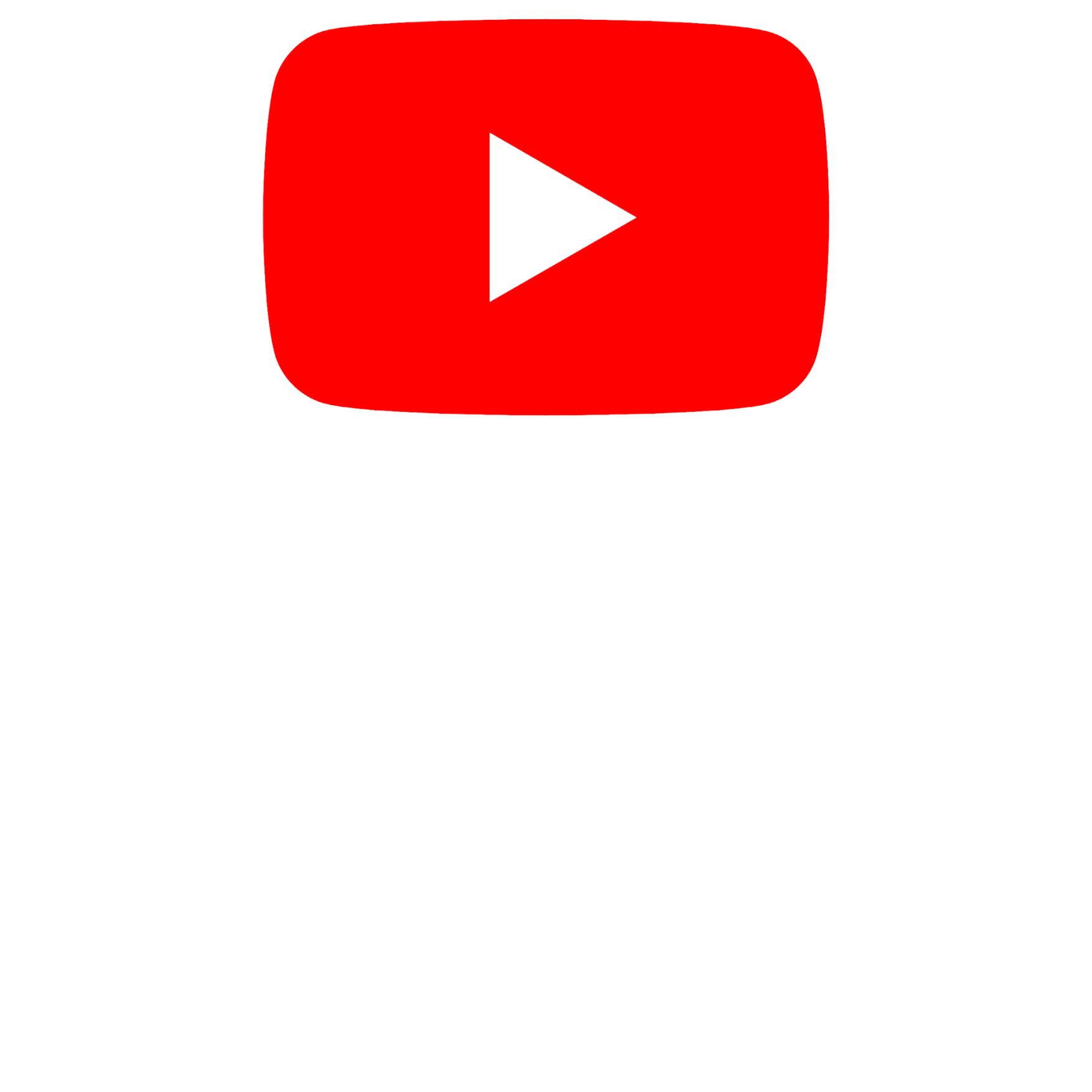Introduction
What does a home care agency do? Well that's easy... They provide caregivers who go to the homes of older (or disabled) people to look after their safety, hygiene, nutrition, and cleanliness and assist with other activities of daily living.
But what does the caregiver do when they get to the home?
That's a harder question! The short answer is that they perform tasks. If they're doing it well, they're providing the specific tasks to meet the specific needs of each individual client, in accordance with the way that person likes their tasks to be performed. Creating and managing task lists (sometimes called Care Plans) is the subject of this article.
Task management efficiency creates smooth operations and better patient well-being, and it enables agencies to know that even if a substitute caregiver is filling in for a client, that they right services will be performed.. Task tracking software helps home care agencies to optimize their workflows through better communication and decreases operational inefficiencies. In order to do it right, home care agencies should view task management capabilities as an important component of their home care software.
Importance of Task Tracking in Home Care Agencies
Home care operations include numerous caregivers who deliver their services between various locations serving different patients. When tasks are managed by hand, or even worse when the caregiver is just supposed to "figure it out," the result is not good for the client, and might cause compliance issues. Task tracking software creates a common operating platform that enables agencies to define the tasks that the client needs, and the way that they like their tasks to be delivered. This software achieves improved quality of care through transparency and accountability. Real-time task tracking enables agencies to ensure that clients needs are met with each visit.
Core Features of Task Tracking Software for Home Care
The core features are simple, and are as follows:
- List the tasks that the caregiver needs to perform when they visit the client
- Have a way for the caregiver to indicate whether the task was completed or not
Advanced Features of Task Tracking Software for Home Care
A more advanced home care software system will provide much more including the following advanced features:
| Info-Only Information | Since the caregiver needs to look at the task list, a best practice is to provide information about the client that will help the caregiver to bond with them. Here's an example of how one Kentucky agency has structured their client information: |
| Description of How the client wants their care | If you take as an example a generic task like "Bath or Shower," you're leaving a lot to interpretation. Do they want a bath or a shower? Do they need assistance or do they want to take their bath or shower on their own with the caregiver close-by in the hallway to make sure that they're ok? Do they need a chair in the tub? Do they need help with the sprayer? What time of day do they want their shower or bath? Do they want it everyday (note that most older people prefer it just twice a week). Just like the way that the information is provided above, your care coordinators who onboard the client can specify how they want their care to be delivered: |
| What Days? | Above we see that the bedding and laundry should be done on Monday, Wednesday and Fridays. This is a great way that you can spread out the household tasks. |
| How many times per week? | Also looking at Laundry and Bedding above, we see that it needs to be done twice a week but no more than 3 times a week. |
Benefits of Effective Task Tracking
The main benefits are 1) make sure that the clients are getting the care that they need, and 2) Make sure that you are compliant with regulations (as well as your internal policies and procedures).
But there are bigger benefits, such as the ability to share the care experience with the loved ones of the person being cared for. In my case, I live in Boston and my mom who just turned 88 is in Florida. Also, sadly she has advanced Alzheimer's Disease and severe hearing loss. There's a great chance that if I was even able to ask my mom on the phone what she had for breakfast or whether she had a bath today, she's very likely to tell me that she didn't get any breakfast or a shower, whereas the reality is that she just can't remember. Giving the family the ability to see what happened is a big way to differentiate your agency.
![]()
Best Practices for Task Tracking in Home Care Agencies
We shared some of this above, but it bears repeating. Here are best practices:
- Develop a unique task list for each client
- Have the ability to add tasks easily (e.g., water the plants)
- Consider information only items
- Tell the caregiver HOW the client likes their tasks to be performed and when
- Monitor task completion (your system should be able to alert you if tasks weren't completed - or perhaps if less than a certain percentage were completed)
Integration of Task Tracking with Other Home Care Management Tools
Task tracking should be embedded as an integral part of your home care software. In private duty home care you should start with demographics, then add client-specific tasks with descriptions, then schedules.
I met with Steve the Hurricane, the leader of one of the top home care consulting firms to talk about the role of care coordinators. In this discussion we spoke in detail about having the care coordinator walk through the home with the client (and possibly their family) to set up the right tasks and then have the care coordinator train the caregiver(s). You can read more about it here or by clicking on the image below.
Task Tracking for Specialized Home Care Services
The task-tracking software platform provides customization options to suit the diverse requirements of specific home care service approaches. Palliative care needs precise drug monitoring along with continuous assessments regarding the patient's medical state. The coordination of pediatric home care depends on detailed scheduling among multiple caregivers, thus requiring advanced scheduling tools. Healthcare services for people with mental health conditions need systematic integration with virtual healthcare programs to enable digital patient sessions. A task tracking system should offer flexibility to accommodate specific needs in various home care services, thus enabling agencies to deliver customized, effective care.
Some specialties require more, as follows:
- Nursing (sometimes performed by CNAs) will require vital signs
- Behavioral Health will often require tracking of goals, strategies and specific activities
- Also, some programs require "outcome tracking" such as whether a goal has been met or what level of progress has been made towards achieving the goal.
Conclusion
Ushering in improved home care agency operations through task-tracking software drives operational excellence bet,ter connects caregivers, and achieves enhanced patient results. Agencies leveraging automated scheduling together with real-time tracking along documentation capabilities will enhance their operational performance imp, improve compliance and decrease errors. Home care agencies can achieve maximum software advantages by using best practices while also uniting the software with other management solutions despite existing implementation hurdles. The ongoing technological progress shows that home care agencies utilizing task-tracking solutions will effectively deliver enhanced quality care to patients while building their capacity for rising demand.
Ankota's mission is to enable the Heroes who keep older and disabled people living at home to focus on care because we take care of the tech. If you need software for home care, EVV, I/DD Services, Adult Day Care centers, or Caregiver Recruiting, please Contact Ankota.


 Spotify
Spotify  Pandora
Pandora  YouTube
YouTube 


Your Comments :